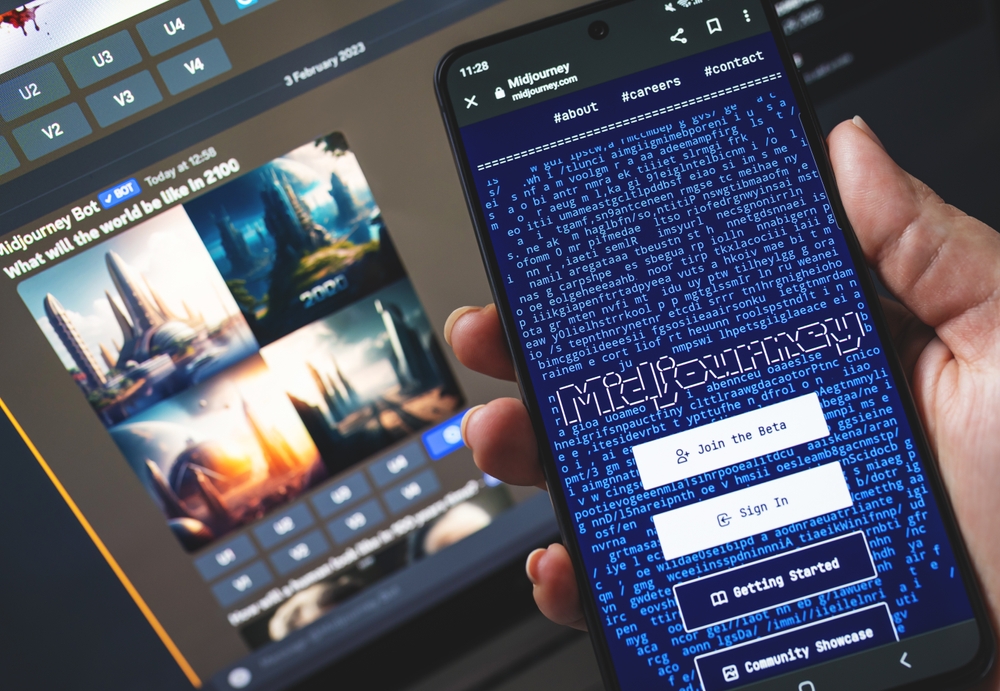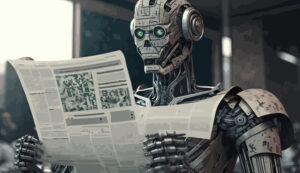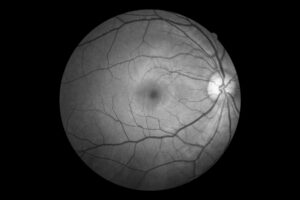The Alpha release of Midjourney V6 has demonstrated some big improvements in image generation but some artists are complaining that it is too good at reproducing copyrighted work.
Reid Southen has been vocal about the damage that AI has done to the creative industry. Southen is a film concept artist and illustrator who has worked on projects like The Matrix Resurrections, Marvel movies, Transformers, and others.
Southen recently posted a number of examples of Midjourney V6 generating images that are almost identical to frames from popular movies.
Here are a few of Thanos from an Avengers movie.
Looking for more proof of Midjourney’s copyright infringement and plagiarism? This only took 15 minutes. pic.twitter.com/eyqOSlE01S
— Reid Southen (@Rahll) December 22, 2023
And Southen isn’t the only one to have pointed this out. Another user, Katie Conrad, posted Midjourney’s “impression” of a scene from the movie Rogue One. The prompt was: “Rogue One, 2016, movie still ,screencap, –ar16:19 –v6.0
Left original @Lucasfilm Star Wars: Rogue One, right @Midjourney v. 6. This is exactly how humans learn to make art, right? pic.twitter.com/BX2wmlin3Q
— Katie Conrad (@KatieConradKS) December 26, 2023
From these and other examples it’s clear that even though companies like Midjourney don’t divulge their datasets, they absolutely include copyrighted images and videos.
It’s easy to see why artists like Southen are aggrieved by this. At some point, they were paid to produce the art but now Midjourney, a paid service, can and does recreate their art without compensating them.
The media companies behind these blockbuster movies may have a few questions for Midjourney too regarding the copyrights they hold on this content and the characters in the movies.
Is this a big deal?
If we assume Midjourney used copyrighted material to train its models (it did), and we take as a given that V6 does a great job of reproducing existing copyrighted images (it does), is that a big deal?
Southen’s main concern is that artists like him had their work used as AI training material without their consent. And seeing an algorithm spit out copies of work that you spent hours creating must sting.
Southen says his red-teaming of Midjourney’s tool has highlighted an issue that needs to be fixed. When he got vocal about this, Midjourney promptly banned him and wiped his account.
A big part of the issue comes down to the dual-use nature of so many AI tools. Designing them so they can only be used in ethically, morally, and legally “good” ways is pretty much impossible.
If someone was using a photocopier to reproduce his work, would Southen call Xerox to complain about it or call out the person operating the machine?
Midjourney has since amended its terms and conditions which lay the onus on the user. The terms now add, “You may not use the Service to try to violate the intellectual property rights of others, including copyright, patent, or trademark rights. Doing so may subject you to penalties including legal action or a permanent ban from the Service.”
In fairness to Southen, if Midjourney hadn’t trained its models on copyrighted material in the first place then adding this to its Ts&Cs would be unnecessary.
Other AI image generators like Stable Diffusion no doubt used the same content in their datasets but they have guardrails to prevent overtly copyrighted material from being reproduced the way Midjourney does. Less sketchy, but still questionable.
The lawsuits brought by The New York Times, authors, Getty Images, and other creatives and publishers all deal with the same core issue.
Is copyrighted material fair game for training AI models, and who is to blame when the model generates illegal content?
Finding a legal solution is one thing. Finding an equitable solution that satisfies artists like Reid Southen may not be in the picture.





